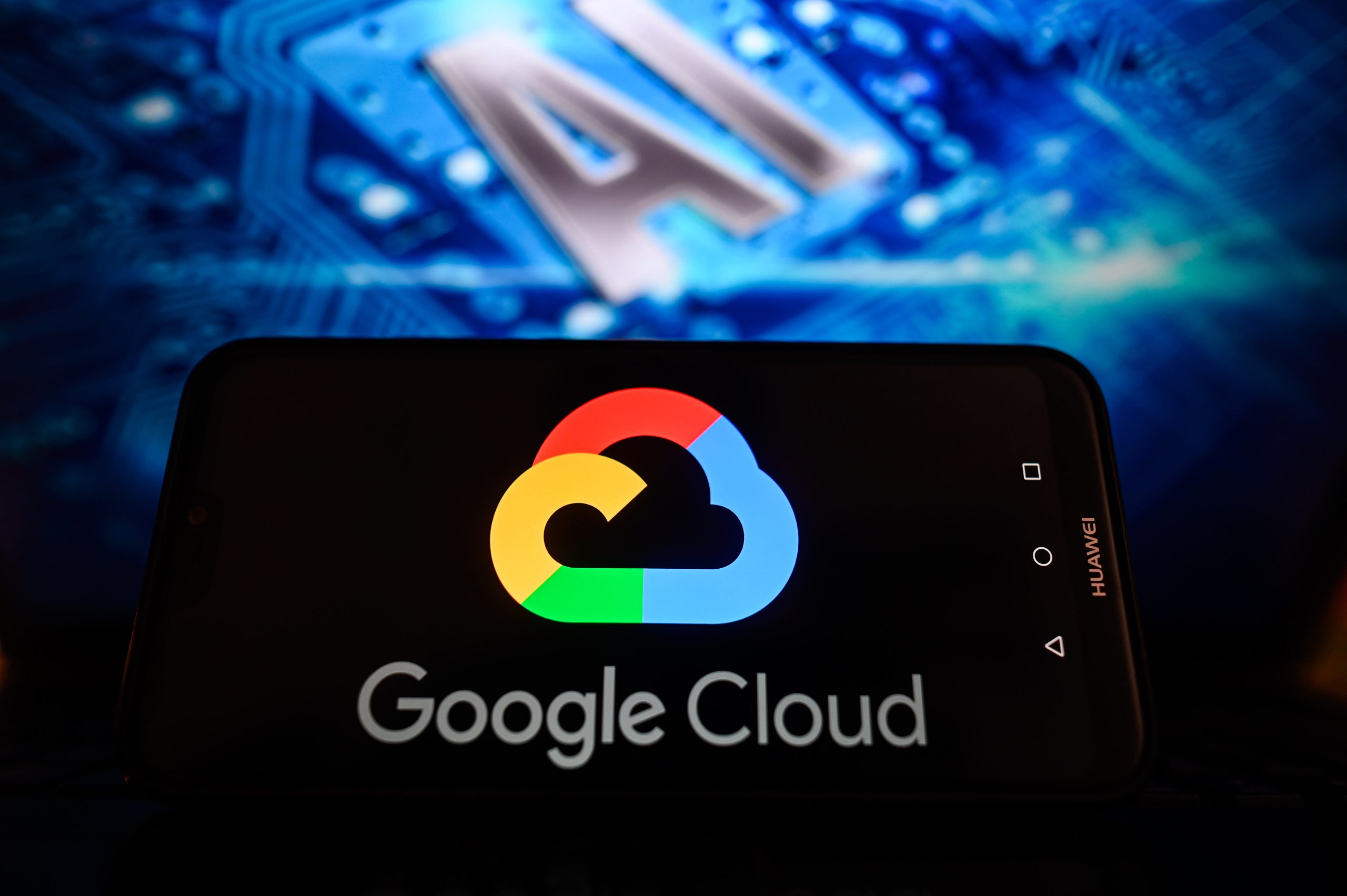
Apple has announced plans to streamline the process for customers to transition to Android devices, a move prompted by the implementation of the EU’s Digital Markets Act (DMA) on March 7th. Alongside measures such as supporting alternative app stores and revising business terms for EU app developers, Apple commits to enhancing its data portability offerings, including simplifying the transfer of data from iPhones to non-Apple devices.
Although the solution is not yet available, Apple aims to implement it by fall 2025, as outlined in its compliance plan with the new EU law. This strategic move allows Apple to mitigate potential financial impacts of the DMA by introducing new fees for developers opting to adhere to DMA rules, despite facing opposition from developers.
In addition to addressing issues within the App Store, the DMA also focuses on data portability. Apple’s Data & Privacy website will be updated to enable users to export their App Store data to authorized third parties. Currently, users can already transfer iCloud Photos to Google Photos and download various data collected by Apple’s apps, including Notes, Calendar, Contacts, Maps, Wallet Activity, Mail, Safari Bookmarks, and more. Moreover, users will have the option to schedule daily or weekly downloads of their App Store data for up to 180 days.
While specifics about the project remain undisclosed, Apple’s initiative aims to assist other “mobile operating system providers” in creating efficient solutions for transferring data from iPhones to non-Apple devices. Although not explicitly mentioned, Google’s Android platform is poised to benefit significantly from this system.
Furthermore, Apple plans to introduce a solution for exporting browser data to a new browser on the same device, either later this year or in early 2025.
Presently, Android users utilize Google’s “Switch to Android” iOS app to migrate essential content such as contacts, calendars, photos, videos, and messages to a new Android device. However, certain less critical data remains inaccessible, requiring users to disable iMessage to ensure the smooth transition of messages to Android devices. The extent to which Apple’s new solution will address these gaps remains unclear, pending further details from the company.
#Apple #AndroidTransition #EURegulations #DigitalMarketsAct #DMA #DataPortability #AppStore #TechCompliance #iOS #AndroidMigration #UserData #TechIndustry
For more insights and updates, visit our KI Design blog here.
Stay connected with us on Twitter for the latest news and discussion





